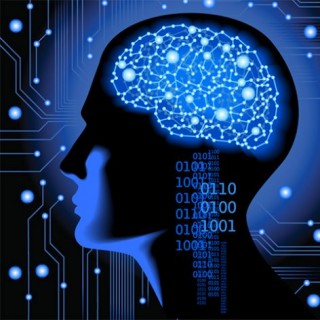Big Data means a huge amount of data and is characterized by 3Vs: Volume, Velocity, and Variety. Big Data has become very clumsy. So, the trend is shifting towards Fast Data, which means processing of massive data in real time to gain instant awareness and detect signals of interest on the spot. Another trend is Actionable Data, which synthesizes the predictive analytics and what-if analysis which enables you to take actions with feedback. Another new trend is Relevant Data which is critical to identify pertinence in the data set, and which leads to understanding of unrelated events and sequence. The last trend is Smart Data which is meaning-based computing and cognitive analytics that make solutions intelligent and self-improving. In a nutshell, Fast Data, Actionable Data, Relevant Data, and Smart Data (FARS) are replacing Big Data. Read more at: http://www.socialmediatoday.com/technology-data/2015-04-04/big-data-really-dead



